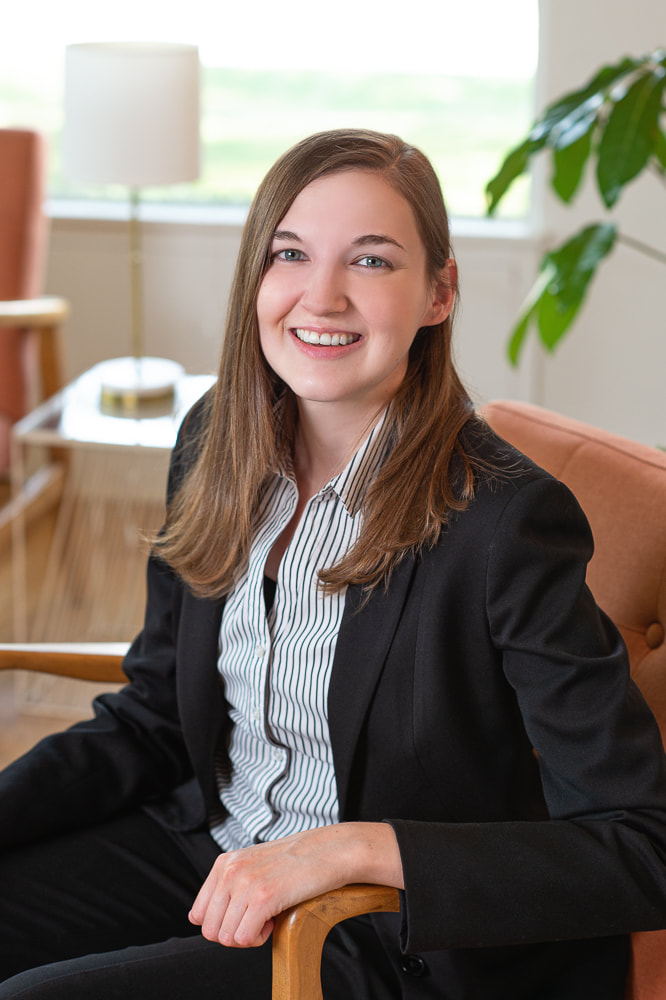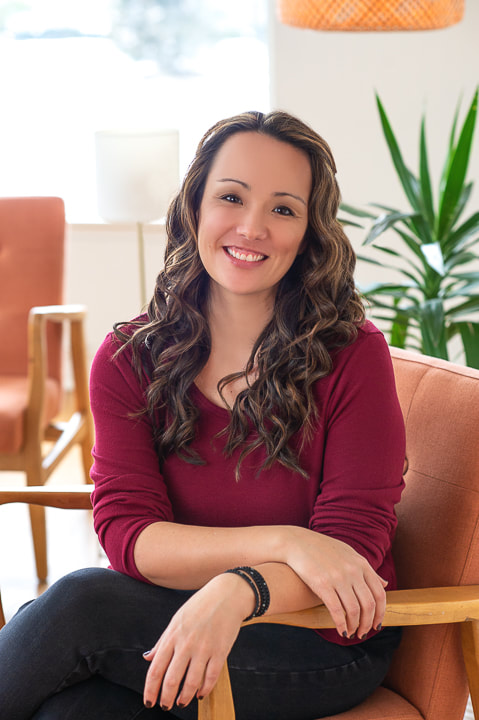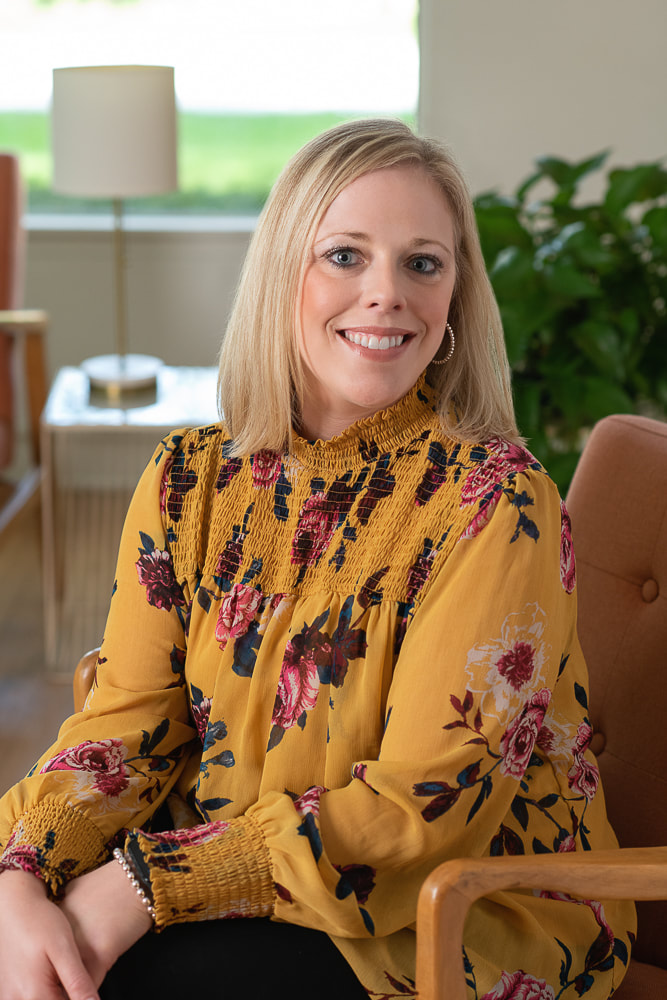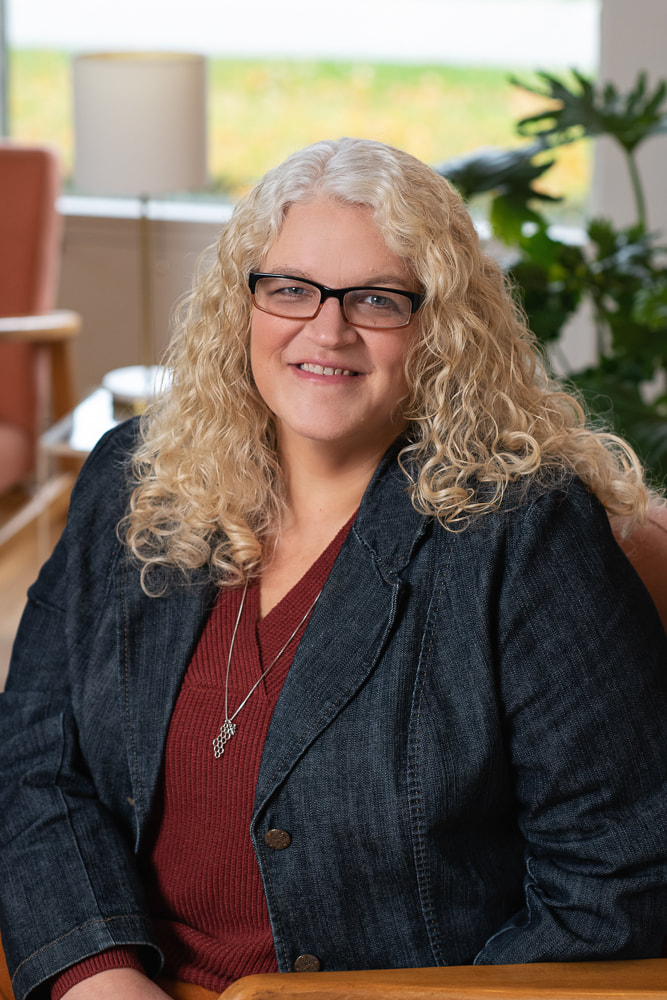Social Anxiety Disorder
|
If you are interested in counseling for Social Anxiety, call OakHeart at 630-570-0050 or 779-201-6440 or email us at [email protected]. We have counselors, psychologists, and social workers available to help you at one of our locations in North Aurora, IL, Sycamore, IL, and/or via Telehealth Online Therapy Services serving Kane County, DeKalb County, Dupage County, and beyond.
What is Social Anxiety Disorder?While many individuals feel anxious in social situations, individuals with Social Anxiety Disorder (also known as Social Phobia) experience immense distress in social situations, causing various impairments in their lives. Many individuals with social anxiety express feeling incredibly lonely and some may avoid jobs or school as a result of their anxiety.
Social Anxiety Disorder is defined as an intense and persistent fear of social situations (interaction and/or performance). Individuals with social anxiety set exceedingly high expectations for themselves in regards to how they should behave/perform, and estimate their ability to meet these expectation as very low. The individual fears that they will be negatively evaluated and that they will be humiliated or embarrassed as a result. Individuals with social anxiety may also fear positive evaluation because they perceive positive feedback to mean that the bar to which they are held will then be raised even further out of their reach. Individuals with social anxiety often fear that they will stutter, collapse, be unable to initiate or maintain a conversation, that their voice will crack, that they will panic, say something wrong, etc. They may also fear that others will think that they are stupid, awkward, incompetent, weird, etc. They often envision how they might appear to others, and this perception is often significantly skewed towards the negative. Individuals with social anxiety often experience anticipatory anxiety prior to social situations and will engage in "post-event processing" following the social situation, where they will ruminate about all of the things they feel they did wrong and how horrible the social experience turned out. |
As a result of their fears, individuals with social anxiety often avoid social situations all together, or endure them with high levels of anxiety ("white knuckle through it"). They may engage in "safety behaviors" to try and make themselves feel less anxious. These safety behaviors might include not talking, over-preparing for a presentation or conversation, having a safety person with them for social situations, avoiding eye contact, pacing, trying to avoid direct conversations, avoiding confrontation, over-apologizing, making excuses for their behavior (e.g., "sorry I don't feel well today so I might act weird"), etc. Unfortunately, many times these behaviors only make it more likely that they will receive negative feedback and the behaviors ultimately perpetuate their fears.
What is the Treatment for Social Anxiety Disorder?
Cognitive-Behavioral Therapy (CBT) is an effective and safe treatment for Social Anxiety Disorder. Treatment will focus on helping the individual identify any unhelpful ways of thinking that they have about themselves, social situations, or their emotions, and on changing thoughts that maintain their fear and anxiety. Treatment will also help the individual confront their fears without the use of safety behaviors, so that they can learn through experience, that they are over-estimating the likelihood and cost of their feared consequences and underestimating their self-efficacy (their ability to handle what they are afraid of happening).
We occasionally incorporate components of mindfulness-based cognitive behavioral approaches such as Acceptance and Commitment Therapy (ACT) into the CBT protocol if indicated or requested by our clients.
We occasionally incorporate components of mindfulness-based cognitive behavioral approaches such as Acceptance and Commitment Therapy (ACT) into the CBT protocol if indicated or requested by our clients.
OakHeart Social Anxiety Counselors, Psychologists, and Social Workers
|
|
|
|
|
|
|
|
|
|
|
|
|
|
|
|
Social Anxiety Related Blogs:
|
Social anxiety disorder often appears as anxiety in social situations where one could be evaluated by others (American Psychiatric Association, 2013). This could involve meeting new people, being observed by others, or even having to perform in front of others. Fear of negative evaluation is a big part of social anxiety. My patients often ask “will I embarrass myself? will I be rejected or humiliated? Will I offend someone?” Individuals with social anxiety disorder want to stay away from social situations that could involve evaluation or will do so with a ton of anxiety...(to read more, click on the link above).
|
|
Social anxiety disorder can be defined as anxiety in social situations due to fear of evaluation (American Psychiatric Association, 2013). Essentially, this leaves an individual with social anxiety with two options: 1). Avoid social interactions all together; 2). Do so with anxiety and then engage in hours of what is referred to as post-event reprocessing. Post-event reprocessing entails revisiting social interactions and events mentally after they have taken place and critically evaluating your performance (Leigh & Clark, 2018). Ruminative thoughts about social errors may consume hours or even days after a social encounter for someone struggling with social anxiety disorder (Leigh & Clark, 2018)...(to read more, click on the link above).
|
|
Individuals with Social Anxiety Disorder are thought to experience anxiety in response to social situations because they assume that they will be evaluated negatively and catastrophize about the implications of negative evaluation. More specifically, individuals with Social Anxiety Disorder assume that they will be evaluated negatively because they think that their abilities will fall short of others’ expectations, that there are high expectations for social performance, have unconditional negative beliefs about the self, and assume that acting in certain ways will result in negative consequences...(to read more, click on the link above).
|



















